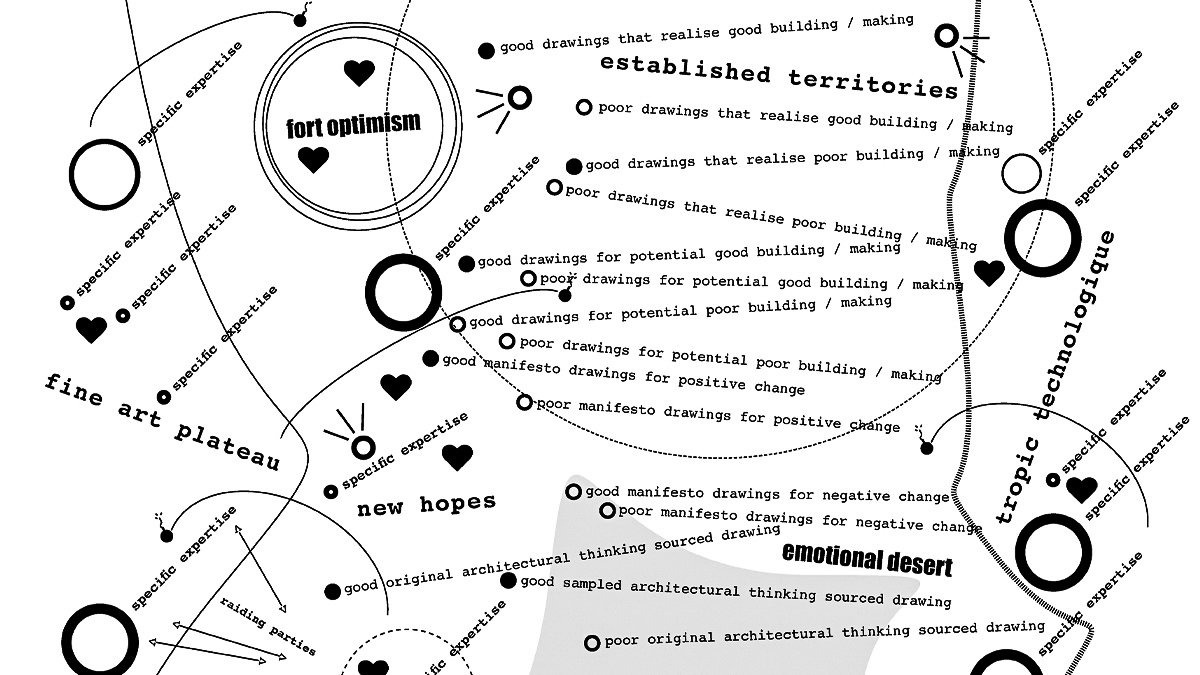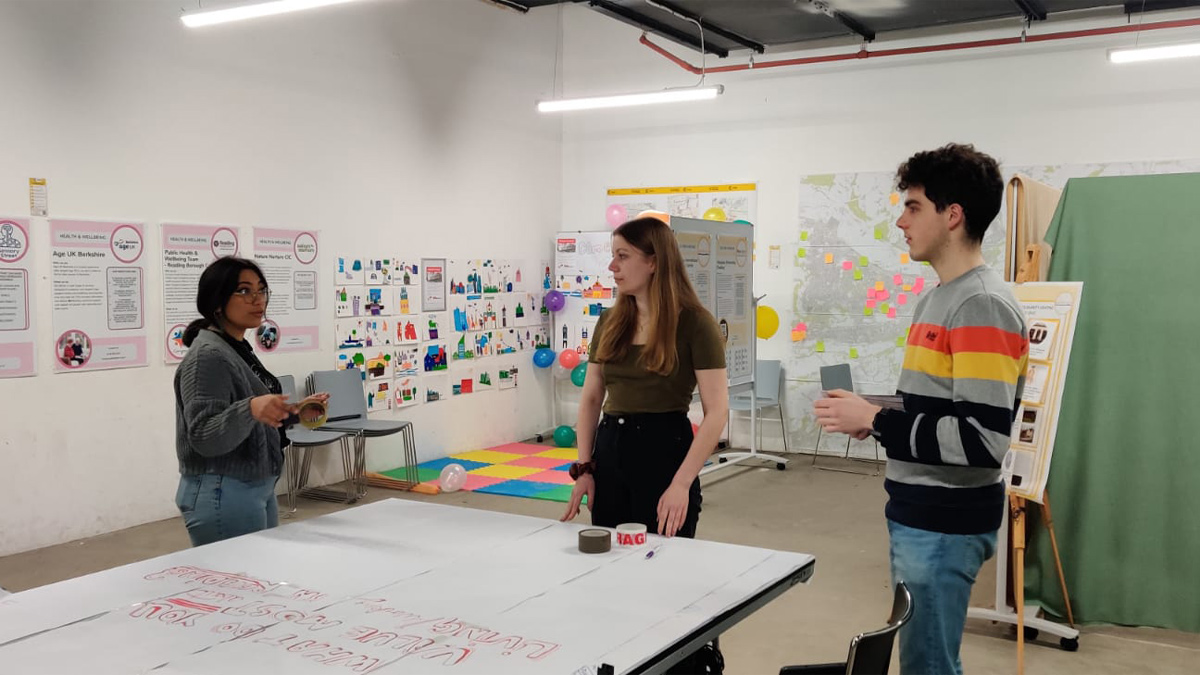Oliver Froome-Lewis believes that the study of architecture should be firmly engaged with the world around us today. Through his research and teaching, he is connecting people with public spaces to improve our wellbeing and sense of ownership.
Oliver uses wide ranging approaches in his teaching to relate architecture to the wider social and political world:
"There is often a disconnect between what students study and the application of that knowledge beyond university. Our teaching is designed to prepare students for current issues. The BSc Architecture is intellectually exciting, challenging and applicable to design challenges facing the wider world today.
"Our students go straight out into Reading at the start of their first year; making projects in cardboard, installing them around the town and discovering how the public react to them. This project helps our students discover that creating projects which relate to people in public spaces is challenging, rewarding, entertaining and part of the purpose of their degree.
"I have structured our design modules to take students from small scale interventions in Reading, through larger technical, cultural , social and historical projects further afield, culminating in a final project. All projects have topical locations and our students visit those places, spending time investigating and understanding them."




